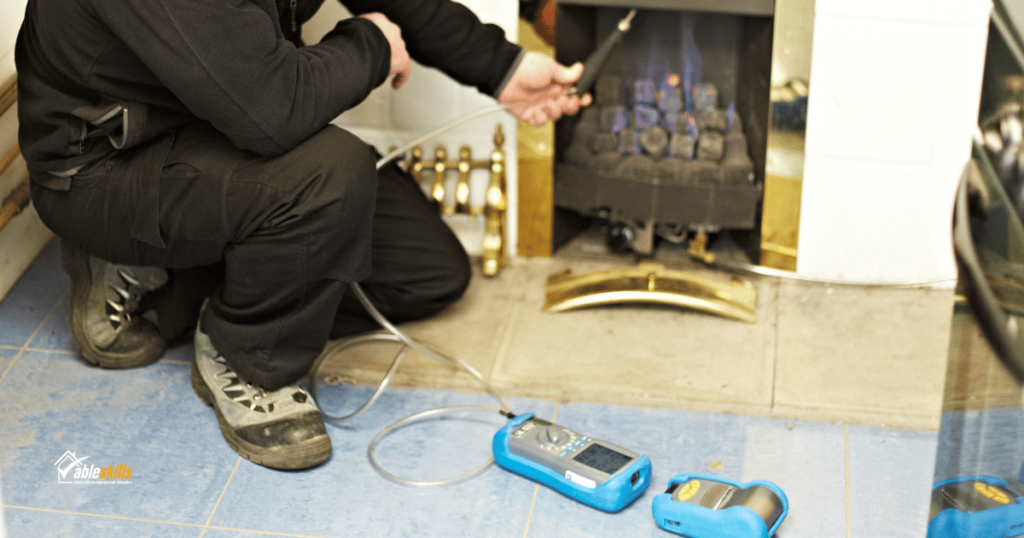
Gas engineers are highly-skilled workers whose skills form a crucial part of the wider construction industry and our day-to-day lives.
Given the health and safety risks involved with working with gas appliances, qualified engineers must complete robust training and assessments before being able to join the Gas Safe Register and legally begin working in the industry.
So what does the typical journey towards becoming a qualified gas engineer look like? And what things should you consider before entering the industry for the first time?
What qualifications do UK gas engineers need?
To become fully qualified, gas engineers must complete an industry qualification such as an NVQ or an MLP with an accredited training provider.
Gas engineer courses are split into three key categories, domestic, commercial or catering — each reflecting the types of environment an engineer is qualified to work in. It’s not uncommon for engineers to initially obtain their domestic qualifications, and pursue further commercial training at a later date.
Once an individual has completed a gas engineer course, they will be required to compile a portfolio of gas work, this involves gathering evidence of work completed while under the supervision of a qualified engineer.
Before being able to join the Gas Safe Register, engineers must demonstrate competence by completing an Accredited Certification Scheme (ACS). ACS accreditation lasts for five years, at which point a reassessment must be taken to renew. A separate ACS assessment must be completed for those planning to work in a domestic setting.
Once the necessary gas engineer courses and assessments have been completed, registration with the Gas Safe Register is mandatory before carrying out any work. Gas Safe registration is only valid for the appliances and environments you have trained in, for example, domestic gas engineers mustn’t take on any form of commercial work.
What gas engineer courses do I need to take to become a gas engineer?
This will depend on your previous experience and what kinds of appliances / environments you plan to work with.
For complete beginners, a new entrant package requires no prior knowledge of the industry and will equip you with the skills and knowledge needed to reach Gas Safe standard.
There are instances where a person may not need to complete this full block of learning, such as someone who already works in the plumbing industry. Since these two sectors are fairly similar in terms of skill set, the training period could be reduced as the person will already be competent in certain aspects, such as pipework, soldering and an understanding of heating and hot water systems.
How long does it take to train as a gas engineer?
For complete beginners, initial training on an accredited Managed Learning Programme (MLP), which combines practical workshop and theory-based learning, can be completed in around 8 weeks.
When it comes to your portfolio, this requires 150 hours of supervised work to be logged before completion. Domestic ACS assessments can typically be completed in five days, while a commercial ACS usually takes an additional 15 days.
In summary, becoming a Gas Safe Registered engineer will require:
- Training: Participants will complete an industry-recognised Managed Learning Programme with an accredited training centre.
- Portfolio: A work-based portfolio will be compiled while under the supervision of a qualified gas engineer to prove the individual’s competence.
- ACS Exams: Once training is completed, the individual must complete the relevant ACS assessment before joining the Gas Safe Register.
For plumbers, the length of time needed to complete a gas engineering course will vary on a case-by-case basis, depending on your previous experience.
If you want to know more about gas engineering courses at Able Skills then our team would be more than happy to help. Feel free to visit us in the training centre for a chat, or give us a call on 01322 280 202.